Ditch Disposables, Hydrate Sustainably: Choosing Alternatives to Bottled Water
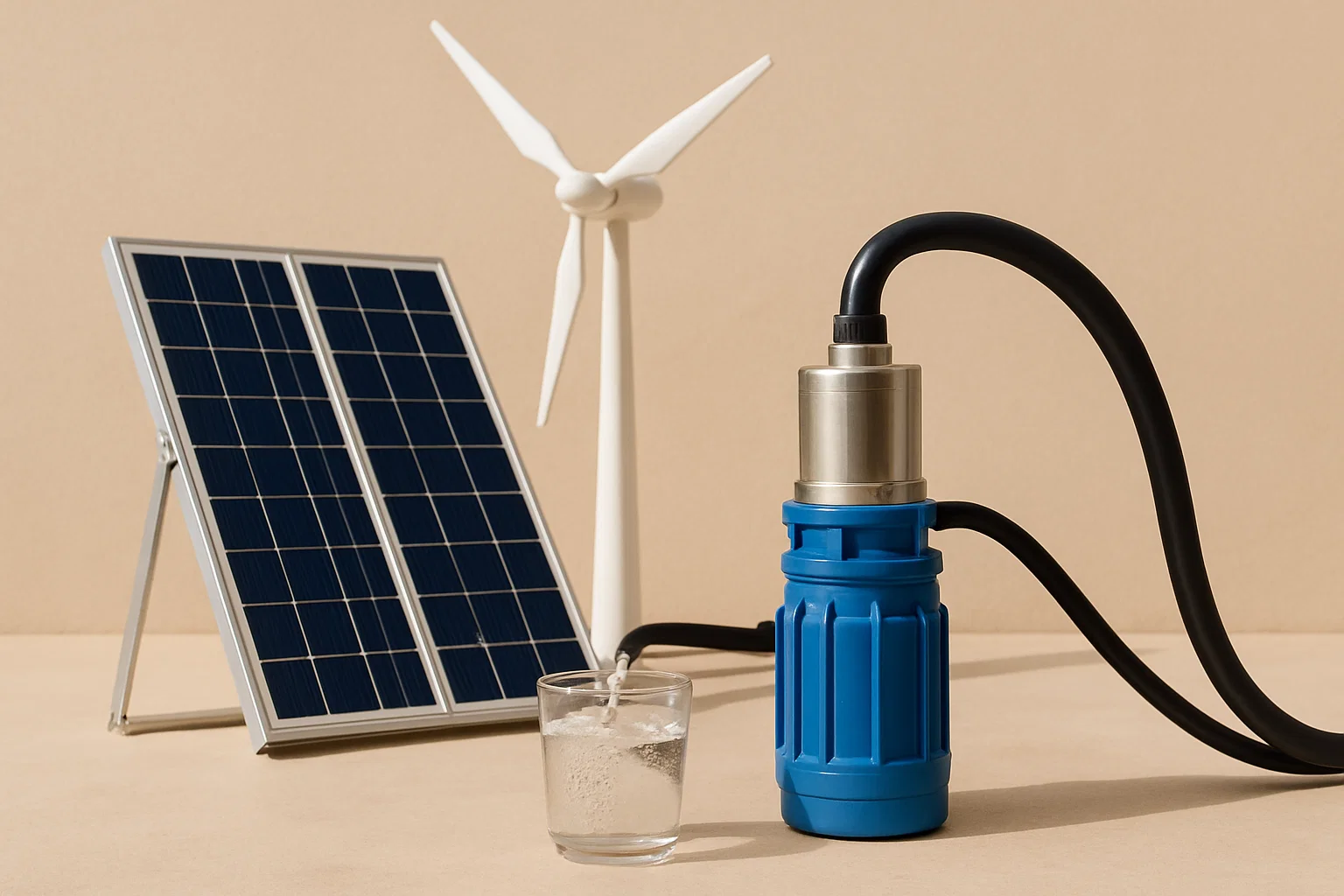
The seemingly simple act of quenching our thirst has, for many, become synonymous with reaching for a single-use plastic water bottle. Convenient and readily available, bottled water has permeated our daily lives. However, this pervasive habit carries a significant environmental cost, contributing to a massive tide of plastic waste and a substantial carbon footprint associated with its production, transportation, and eventual disposal. Recognizing the detrimental impact of our reliance on bottled water, a growing movement is advocating for and embracing more sustainable alternatives that prioritize reusability, reduce waste, and conserve precious resources.
The environmental consequences of our bottled water habit are far-reaching. The production of plastic water bottles requires the extraction of fossil fuels, an energy-intensive process that releases greenhouse gases. The manufacturing, filling, labeling, and transportation of these billions of bottles across the globe further contribute to our carbon footprint. Once consumed, the vast majority of these bottles end up in landfills or polluting our natural environment, where they can take hundreds of years to decompose, breaking down into harmful microplastics that contaminate our ecosystems. The sheer volume of plastic water bottle waste is staggering, posing a significant threat to marine life, terrestrial ecosystems, and the overall health of our planet.
Fortunately, a range of durable, practical, and readily accessible alternatives exist, offering a simple yet powerful way to hydrate sustainably. By consciously choosing reusable water bottles, utilizing convenient community refill stations, and investing in effective tap filters, we can significantly reduce our reliance on single-use plastic water bottles, minimize waste, and lessen our environmental impact. Embracing these alternatives is a fundamental step towards a more mindful and sustainable way of living, a small habit change with profound positive consequences for our planet.
Hydrating Responsibly: Exploring Sustainable Alternatives to Bottled Water
Moving beyond the convenience of single-use plastic water bottles opens up a world of more sustainable and resource-conscious ways to stay hydrated:
Reusable Water Bottles: A Personal Commitment to Sustainability
Investing in a high-quality reusable water bottle is arguably the most impactful step an individual can take to ditch disposable bottled water. Made from durable materials like stainless steel, glass, or BPA-free, long-lasting plastics, reusable water bottles can be refilled countless times, eliminating the need for single-use plastic. Brands like Hydro Flask, Klean Kanteen, and Swell offer a wide variety of stylish, insulated, and leak-proof reusable bottles in various sizes and designs, making it easy to find one that suits your lifestyle. Carrying a reusable water bottle and making a conscious effort to refill it throughout the day is a simple yet powerful act of environmental stewardship.
Community Refill Stations: Accessible Hydration on the Go
The increasing availability of community refill stations in public spaces, businesses, and educational institutions provides a convenient and accessible way to stay hydrated without relying on bottled water. These stations offer free, filtered water, encouraging individuals to refill their reusable bottles while on the go. Supporting businesses and advocating for the installation of more community refill stations in your area can further promote this sustainable practice and make it easier for everyone to choose reusable over disposable. Initiatives and apps are also emerging that map the locations of water refill stations, making it even more convenient to find a place to hydrate sustainably when you're out and about.
Tap Filters: Clean and Convenient Home Hydration
For those concerned about the quality of their tap water, investing in a tap filter offers a sustainable and cost-effective solution that eliminates the need for bottled water at home. Tap filters, which can be attached directly to your faucet or come in the form of water filter pitchers, effectively remove impurities, chlorine, and other unwanted elements, providing clean and great-tasting water on demand. This eliminates the plastic waste and carbon footprint associated with bottled water production and transportation. Numerous reputable brands offer effective and easy-to-use tap filters for various needs and budgets.
Embracing Mindful Hydration: Small Changes, Significant Impact
By consciously choosing reusable water bottles, utilizing community refill stations, and investing in tap filters, we can collectively reduce our reliance on single-use plastic water bottles and minimize the significant environmental impact associated with their production and disposal. These simple shifts in our hydration habits represent a powerful step towards a more sustainable and resource-conscious future for our planet.
Related Blogs
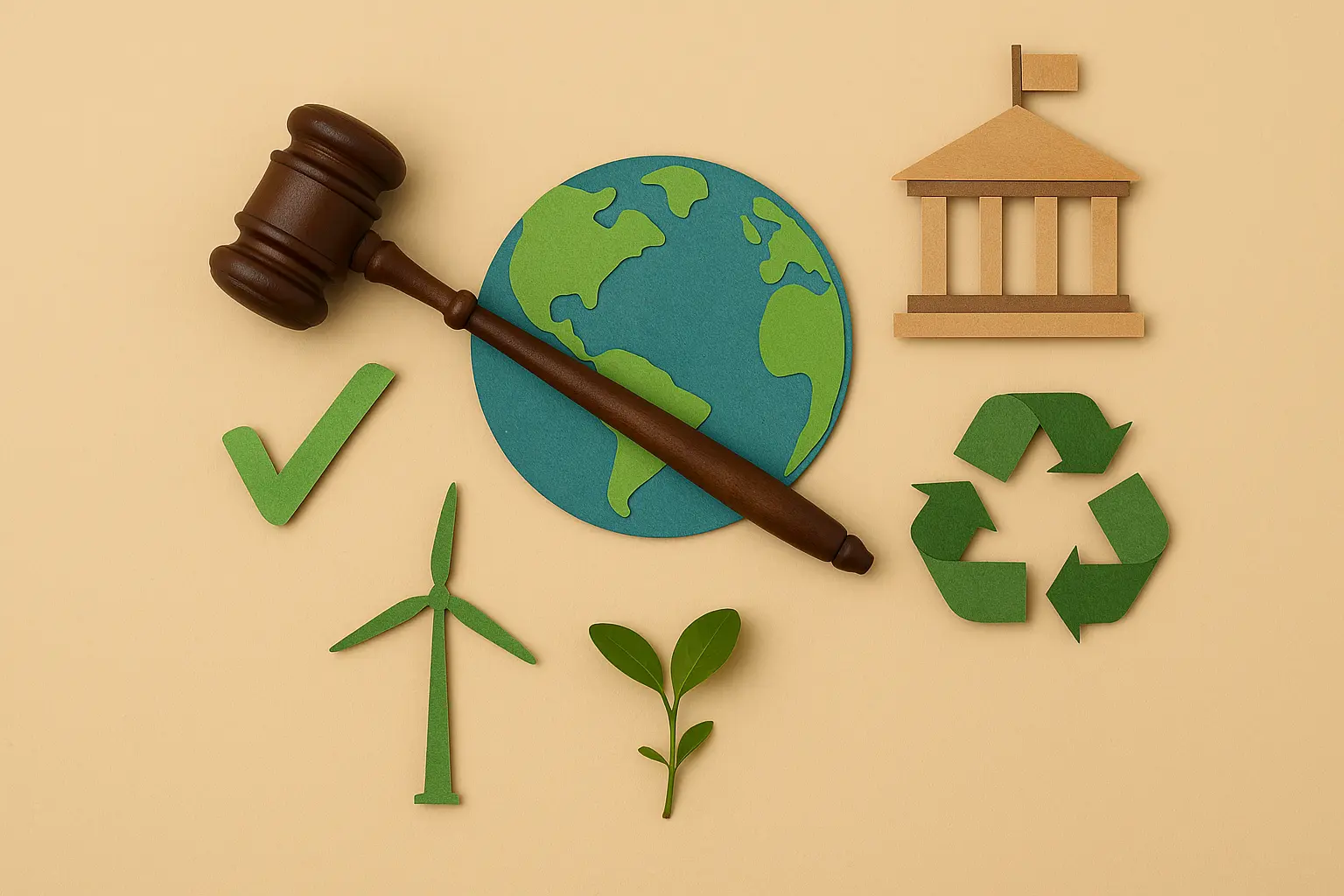
Glimmers of Progress: Ten Policy Victories That Advanced Planetary Health in the Past Year
Insights on how environmental policy affects you (even if you don’t vote) in a sustainable way.
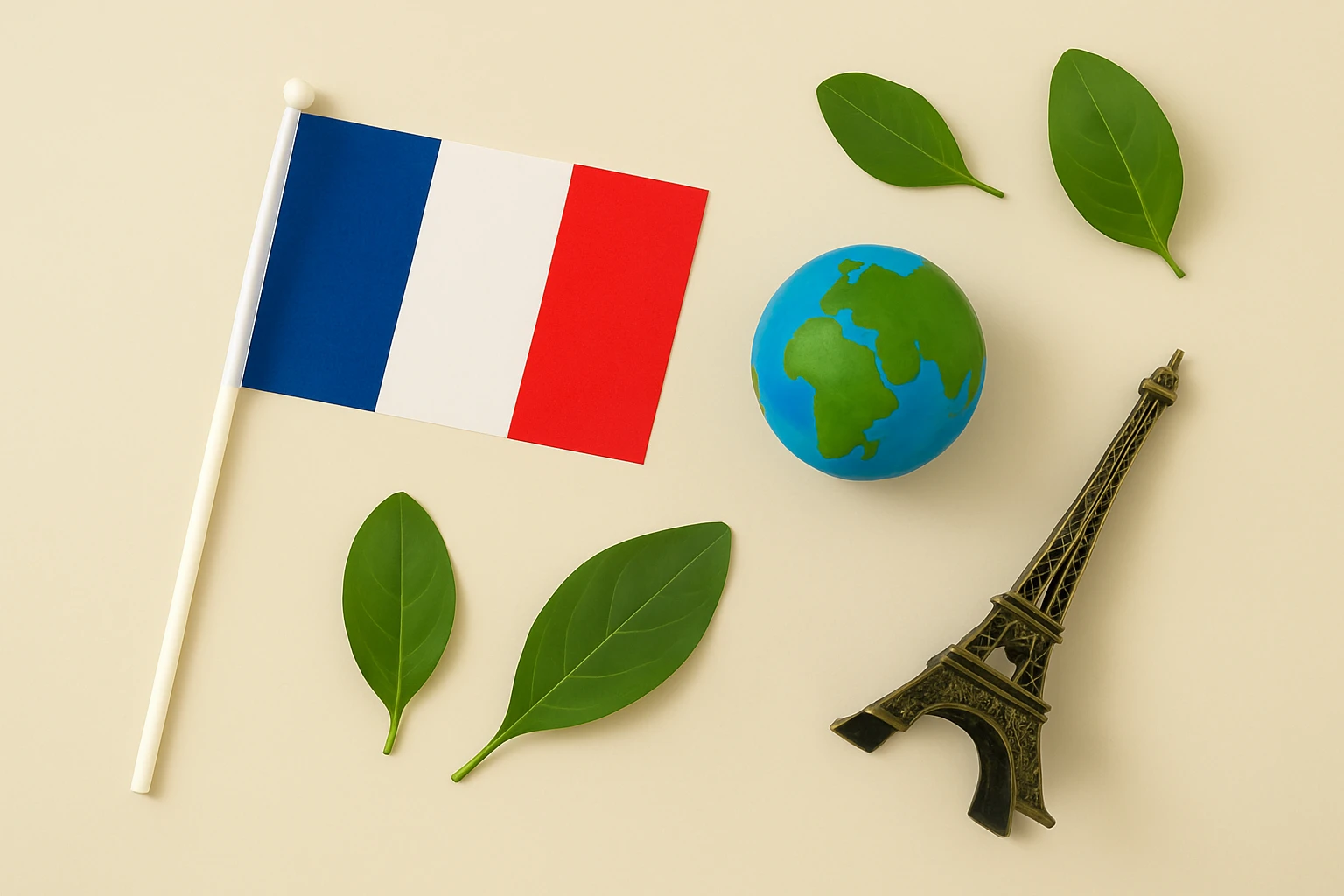
Decoding the Global Commitment: A Breakdown of the Paris Agreement and the Path Forward
Insights on a breakdown of the paris agreement (and what’s next) in a sustainable way.
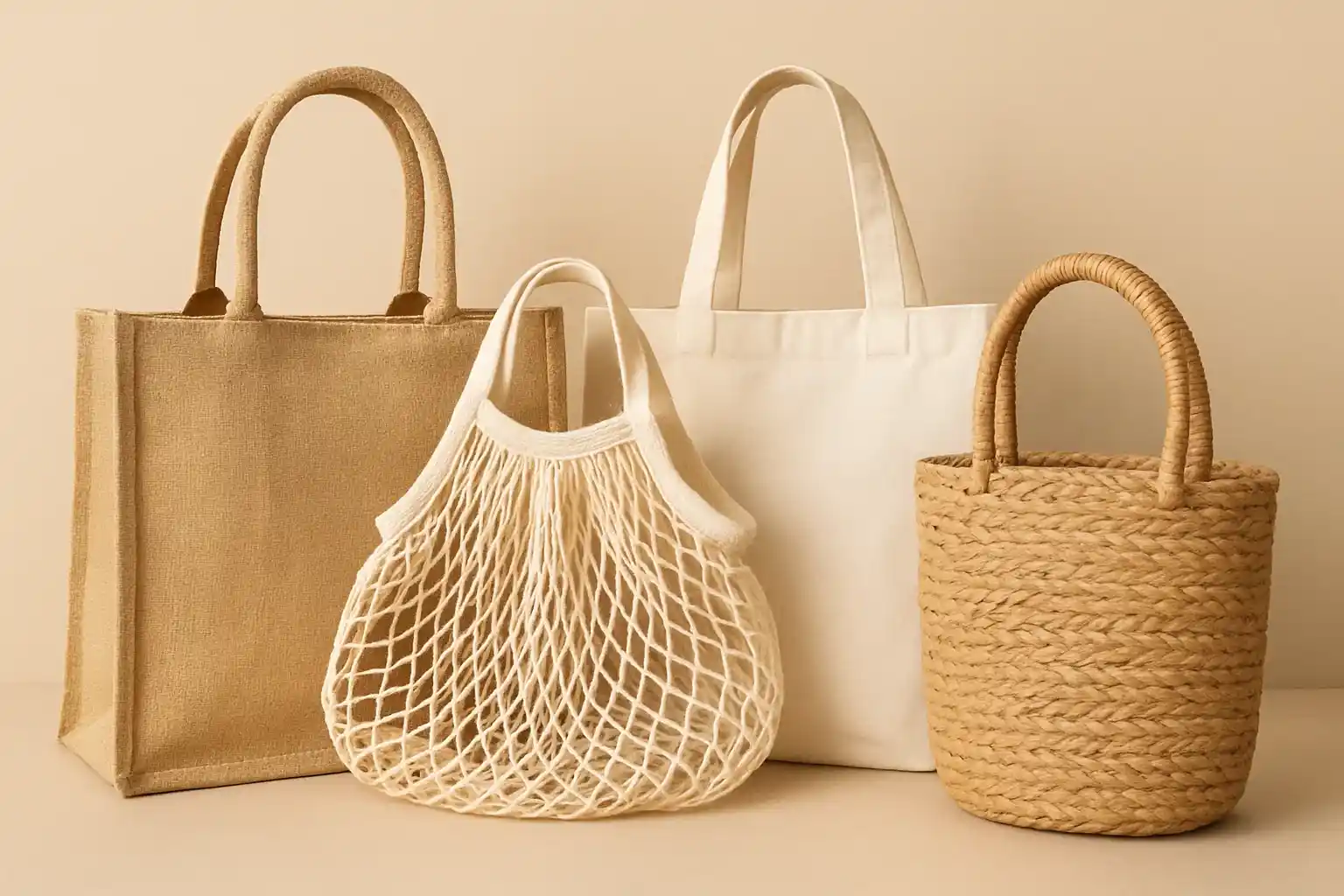
Ban the Bag: Choosing Reusable Alternatives to Single-Use Plastic Carry Bags
Support local bans and global reduction by opting for cloth, jute, or foldable reusable bags.
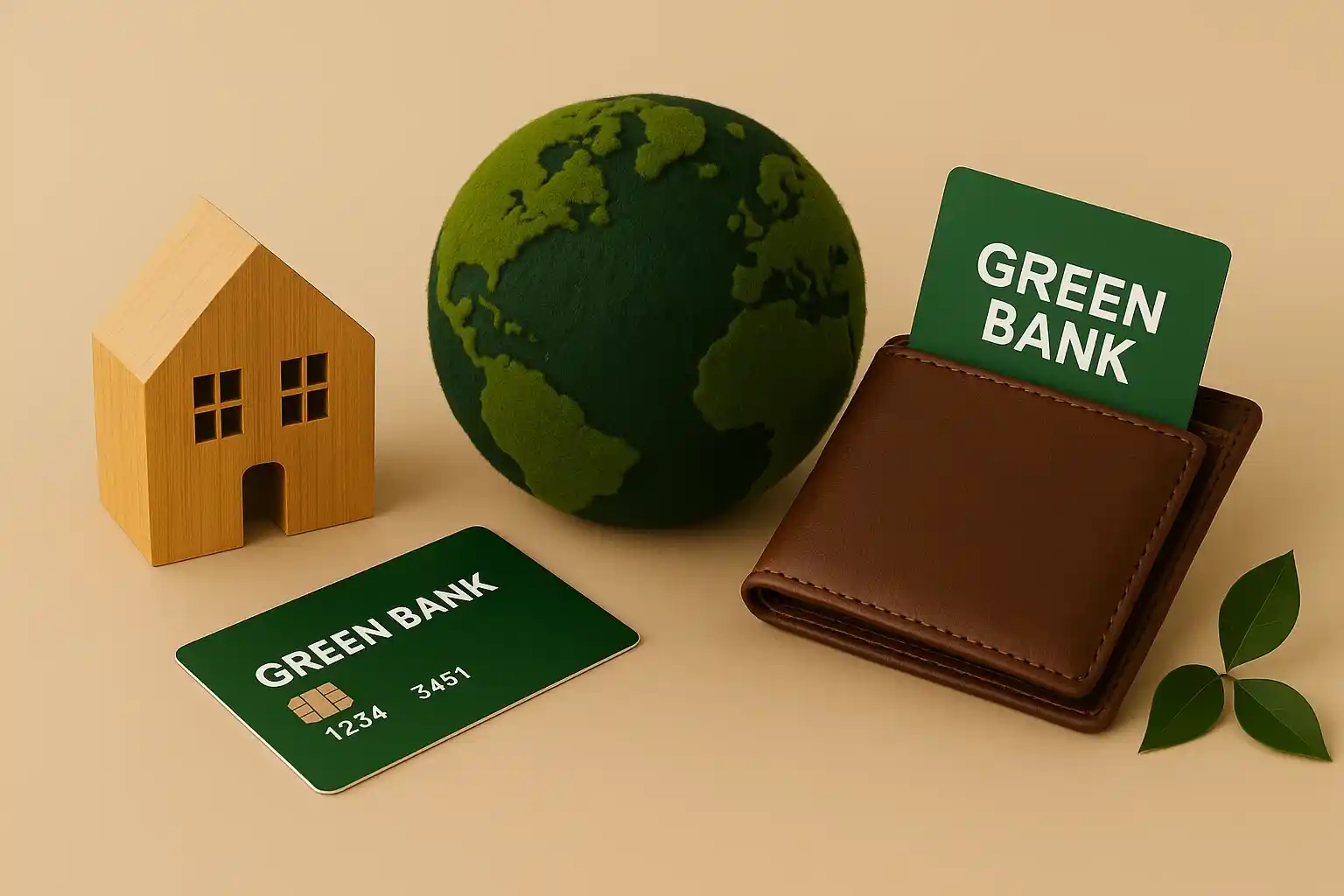
Bank for a Better Future: Choosing Ethical Finance to Power a Cleaner Planet
Finance a cleaner planet by opting for ethical banks, green investment funds, and impact fintech.
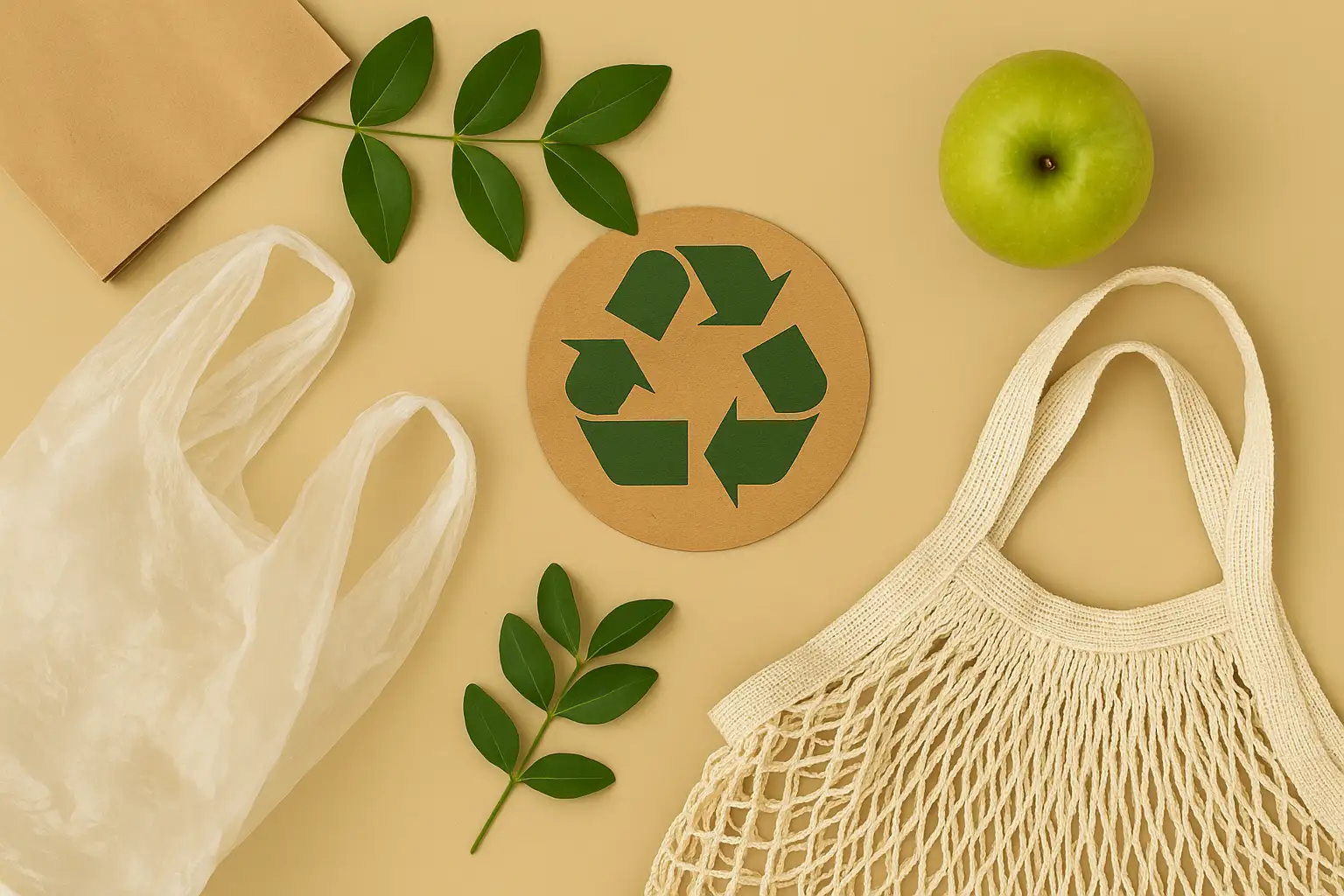
Beyond the Ban: Navigating the Post-Plastic Bag Landscape Towards True Sustainability
Insights on banning plastic bags in a sustainable way.
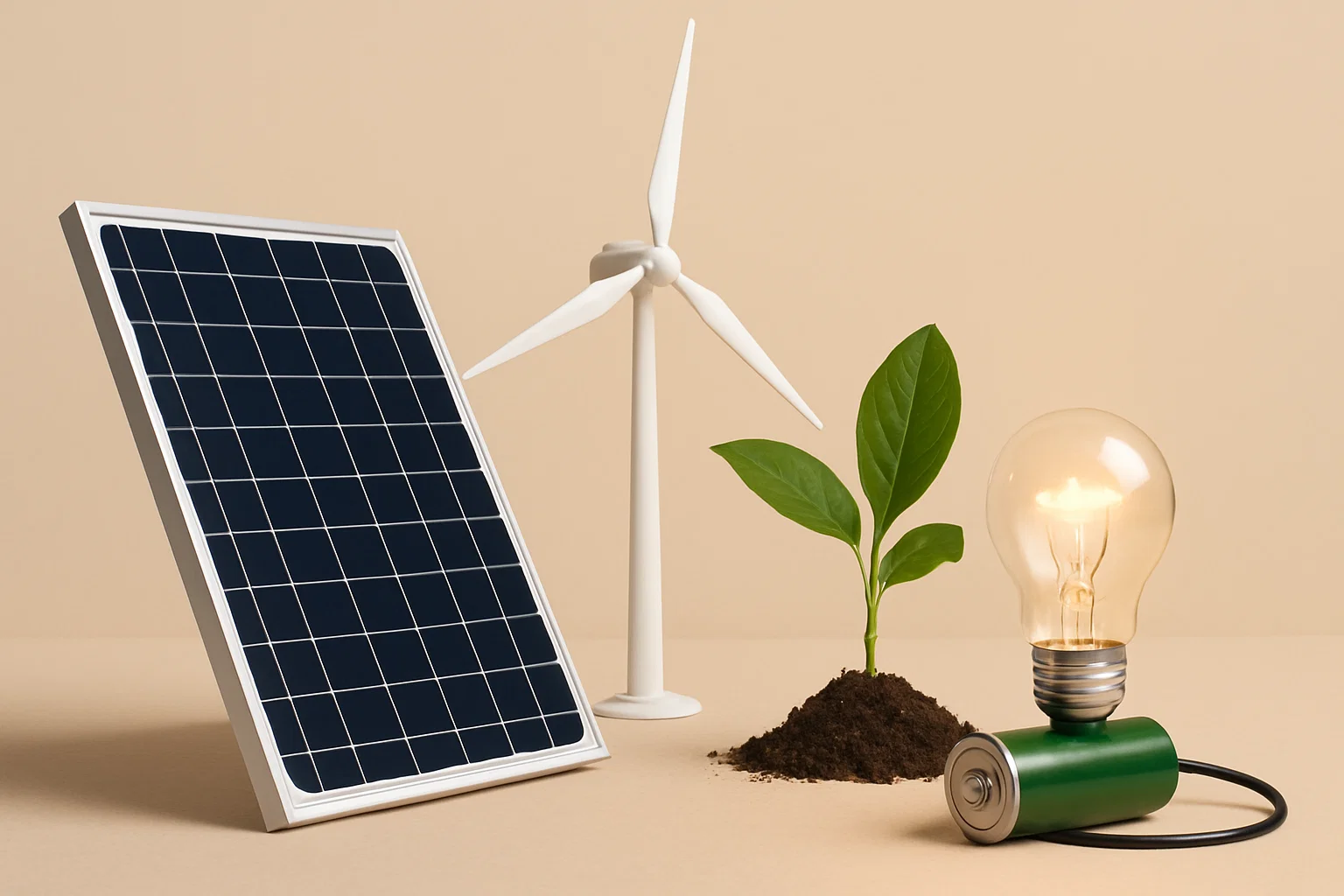
Powering Change: Choosing Clean Energy Alternatives to Conventional Sources
Align with energy transition policies by opting for green providers, solar, or co-operatives.
Stay in the Loop
Get tips and insights tailored to your interests — no spam, just sustainability.